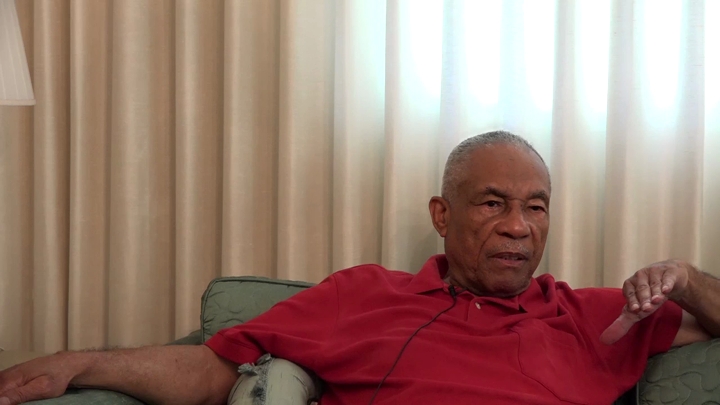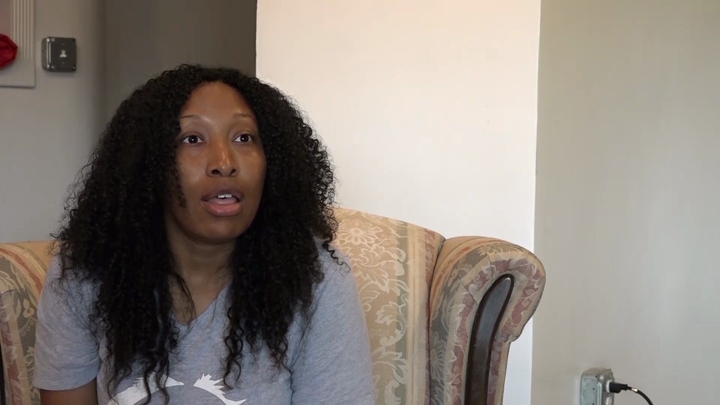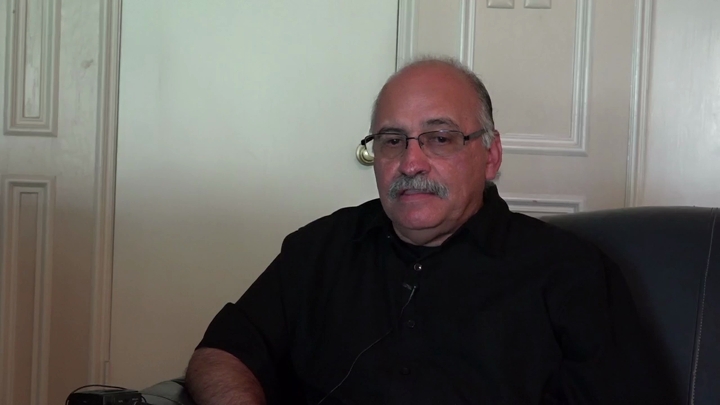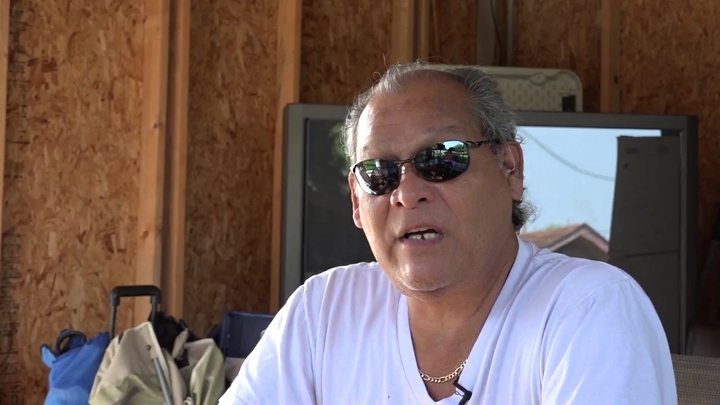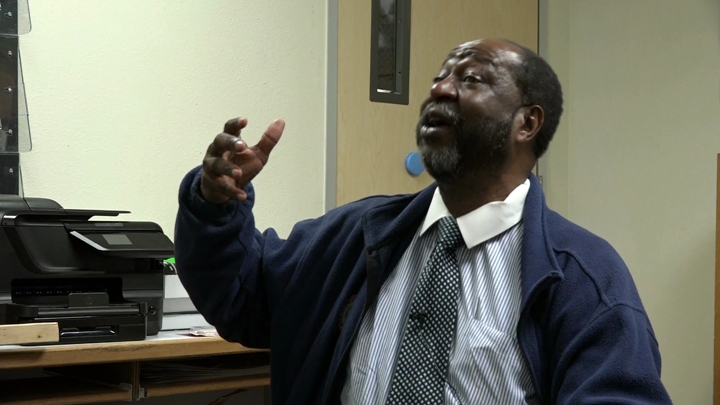Wilborn / Working in Local Politics, Part Two
sign up or sign in to add/edit transcript
Interviewer: When did you have an opponent? Wilborn: The second time. Interviewer: And how many years is each term? Wilborn: Two years. Interviewer: Two years. So, 1988, you ran again— Wilborn: Yeah, I ran twelve times. Interviewer: What kind of campaigning did you— Wilborn: Well, my campaign was strictly more jobs. All these vacant lots, dilapidated homes, and so forth. When we take them down, you replace them with new homes. Auction off the lots or whatever of the people not going to do it or whatever. Somebody’s going to put a home there, so we can make money out of it, so the neighborhood won’t die out. These homes up here, we got them built. These new homes you see right up here. We got those built. We got some built over there on north side on this deal here. Interviewer: What about voter registration? Did you participate in any voter registration? Wilborn: Well, I registered some, but not particularly myself. We have people who are doing it. I just encouraged it, but I didn’t go around registering anybody. No, I didn’t. Interviewer: What organizations were out here registering people? Wilborn: Well, you have the NAACP which I’m a life member. You have all the sororities and the fraternities. They actively registering people at that time. What they’re doing now—when I left, when I retired in 1991, I left everything. I’ll be frank with you. Relax. I don’t want to know anything. I don’t have a computer in the house. I don’t have anything. Just telephone. I do have a cell phone. I had it before I retired. I still kept it, but other than that I don’t. I’m happy that way. I realize that you do all you can do. Can’t save the world. I’m at the age where I know you continue to work until you leave here. You got your strength and all. I gave my all. 100 percent. I went against the odds and so forth. Like I tell everybody, I’ve done all I’m going to do. When they get ready to do things, I said count me out. I’ll assist the best I can do, but I’m not getting out, walking the streets as I once did. When I campaigned, I didn’t have funds. I walked and knocked on doors. I walked the streets. That’s how I did my campaigning. The old-fashioned way. I had one opponent that spent twenty thousand dollars for a non-elected office. He wrote an article—I say he because he was running against me. Anyway, his article was in the paper about four of five days. A whole page. Somebody was telling me that they’re pretty expensive, so I estimated that they run about what they informed me. Was about twenty thousand. I didn’t go check the books. Can’t necessarily go by that anyway. I think he got a hundred votes. Interviewer: What year was this? Wilborn: I retired in 1986, so it must have been—let’s just say 1980, that’s a rough—I’m going to say 1974. I’m not too sure. I guess I could go in there and check my records, but I’m not too sure on that. Interviewer: So, when you got on to city council—well, first off, did you face any sort of hostile tensions from any of the white commissioners? Like, openly? Wilborn: No, no, no. We had a good group. We had understanding. We had—whatever they had, they keep it to themselves. Intelligent group. I’ll say one thing, though, when I was on there. We had—all of them very intelligent, cordial. We were intelligent enough to express ourselves and so forth. Good reason. No, I didn’t encounter any of that. You know, a lot of times they couldn’t see what I saw, and I understood that, but I didn’t give up. I kept on. Interviewer: With what? Wilborn: With white commissioners. You have to have four people in order to go along with your program in order to pass it. So, finally they did give the city manager permission to hire more blacks, administrators. Interviewer: When did you start that? Did you start that immediately— Wilborn: Oh yeah. I started that right when I first got there. First day I started that. That was one of my main platforms. No black administrators and we represented—during that time, we were probably 42 percent black, 45 percent black. See, because no jobs are here, and blacks are diminishing. Less and less. Blacks going to the cities where they find work. The intelligent ones. I hate to use that word because a lot of intelligent ones are staying here, too. I noticed that when I was teaching before we integrated. Lot of them started going to Houston and all. My bright students were leaving. All my smart students are leaving. I keep it to myself, you know. I said, well, the parents, they know what’s happening. They see the picture on the wall. They going where they can better their families.


